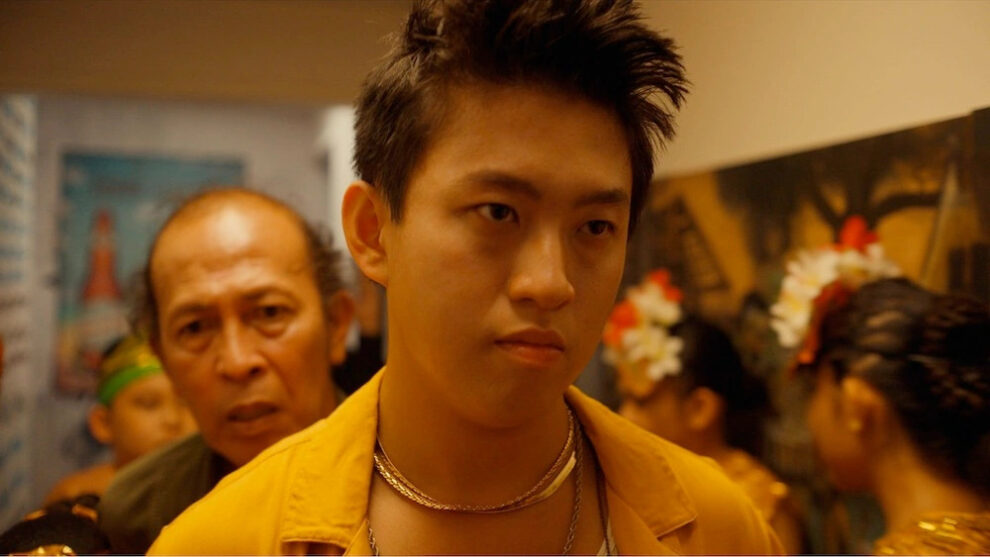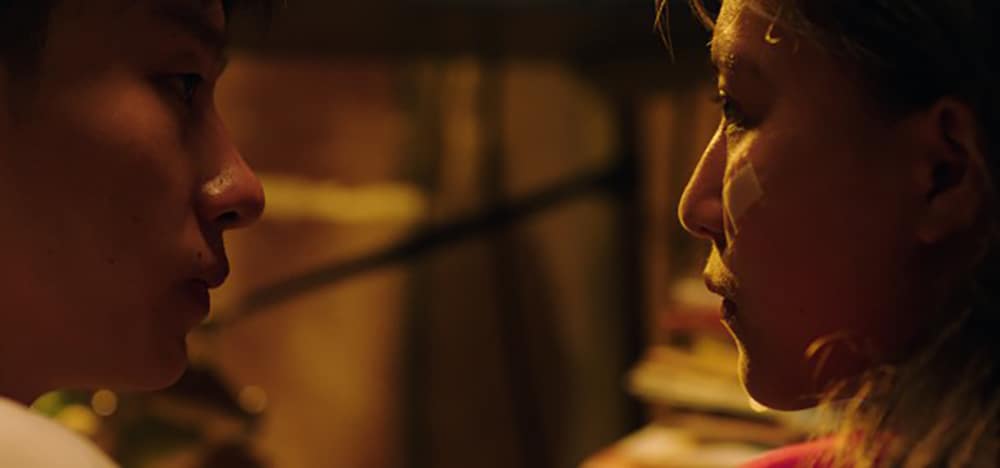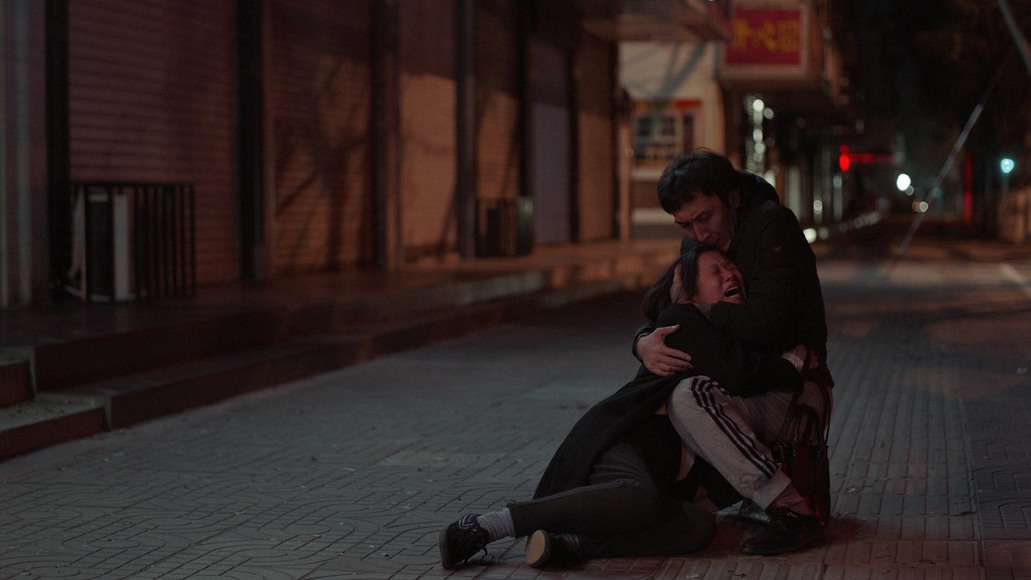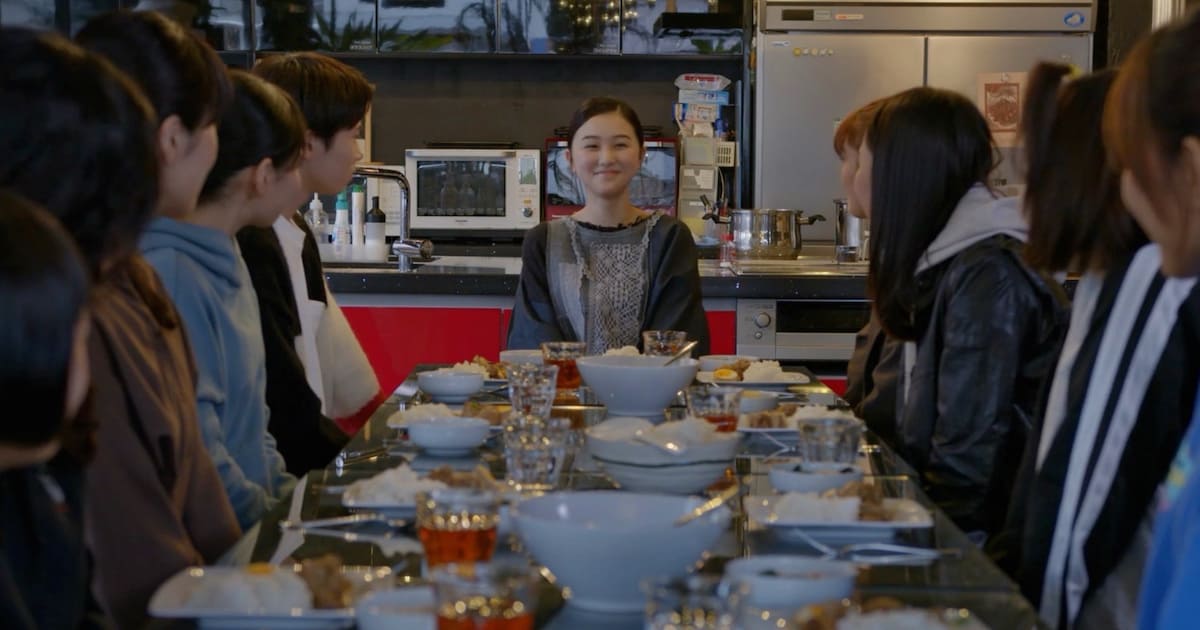Having premiered in Sundance, “Jamojaya” focuses on a topic that has been repeatedly dealt with both in music and sports films, regarding the corruption of the industries and how they can swallow talented youths whole when left unprotected, and at the same time, how the people around the talents, as in the case of their family members, occasionally can hamper their future with their meddling. Justin Chon implements these topics as his base, adding though, an Indonesian flavor through the roots of the two protagonists, while commenting on the generational and cultural gap between a father and a son who suffer from the same trauma, but in rather different ways.
“Jamojaya” is screening at San Diego Asian Film Festival Spring Showcase

James is an aspiring Indonesian rapper, who had some minor success in his country and is now at a resort in Hawai'i to produce his first album for a major US record label. Although he has cut professional ties with his father, Joyo, the latter does not seem to be able to let go, and has accompanied him there, not willing to surrender his son's career to his new assistant and the owner of the company. His shenanigans, including a morning ritual where he yells and waves towards the sea in mourning of his dead son, are enervating both James and the people of the company, who repeatedly ask him to go, but to no avail. As the company's treatment becomes more and more exploitative, though, it seems that having someone in his corner with no questions asked, is of value to James, whose psychology crumbles more and more as time passes. A direct clash with his father and Michael, the owner of the company, brings things to a deadlock.
Justin Chon directs a film that is both uneven and captivating depending on the occasion. For example, regarding the characters, Joyo is a bigger than life, rather annoying guy who seems to constantly break the harmony Hawai'i offers, either with his shenanigans or the fact that he isn't willing to leave. All the other characters are definitely most grounded, even if Michael ends up being a cliche for all that is wrong with the music industry. Expectedly, this also applies to the acting, with Yayu A.W. Unru being occasionally impressive as Joyo, but also seeming completely disconnected from the other actors, as the laconic Brian Imanuel who plays James, and the overall aesthetics of the movie.

The overall dreamy atmosphere, as dictated by Ante Cheng's impressive cinematography, the frequent neon lights, the specific location, particularly in the forests and the beach, the music, with the hip hop, electronic, and ethnic sounds, and scenes like the one with the flying bed, results in a series of music-video like sequences, that are quite pleasant to both eye and ear. On the other hand, when the approach is more grounded, during the various dialogues for example, the quality definitely decreases, while Chon, just like his protagonist, seems unsure of how to “judge” the father, who appears either as a tormentor/annoyance or a savior depending on occasion. Furthermore, there are some scenes that do go too far, as the one in the strip club and the one where James lashes out, with the last one in particular bordering on both the cliche and the melodramatic.
On the other hand, the movie definitely succeeds in showing how James is suffocating between the industry and his father, the pressure and the expectations coming from both, with his downward spiral being the most interesting, contextually, aspect of the whole movie. Furthermore, the pace, as dictated by Reynolds Barney is quite fitting for all the dreaminess here, while at 90 minutes, the movie does not overextend its welcome, maybe with the exception of some of the father scenes.
In the end, as the sum of its individual elements, “Jamojaya” definitely ends up on the positive side, particularly due to its visuals and overall atmosphere, that allows it to rise beyond its shortcomings.














